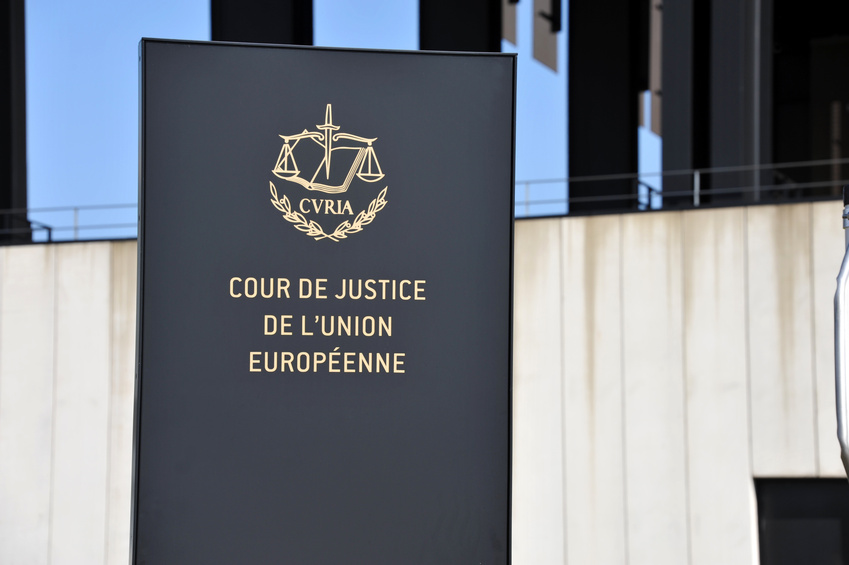Eturas runs the e-commerce back-end of 30 travel agents in Lithuania. An administrator message to each member informed them that the e-commerce functionality allowing each travel agent to grant discounts would be capped at 3 per cent. That message appeared in part of the system relating to “information messages”. The Court of Justice found that administrator messages could be the basis of illegal cartel type conduct. It would be presumed that each travel agent had participated in price fixing where (i) each company understood the measure communicated to them and (ii) failed to distance themselves from it. That presumption could only be rebutted if the company showed they objected to the communication, or by showing that they systematically set prices which did not respect the new rule.
What does it mean for you?
EU competition law takes a strict approach when commercially sensitive information is passed between competitors – often presuming that the contact led to illegal coordination. This is the case even when the contact is initiated/facilitated by a third party. Particular care should be taken when dealing with third parties who aggregate market data, perform benchmarking or act as some kind of broker in the market. This case also shows that companies need to take care with their IT functions and any internet automation which controls pricing elements. This seems more likely in franchises and other internet-enabled networks but this case highlights that it can be risky to share IT functions with competitors. There are some positives. The Court has shown some restraint by saying that the mere sending/electronic receipt of a message cannot lead to a presumption that the contents of the message were read and understood. That is a question of fact which needs to be checked carefully. The Court has arguably stopped short of simply transposing the strict EU jurisprudence developed regarding physical cartel meetings to the online world. The Court also gives the travel agencies a ‘get out’ if they can show that they systematically priced in a way which showed that they did not stick to the communicated cap on discounting. This will be an issue for the Lithuanian court – but can sometimes be a difficult hurdle to clear where it involves the proving of a negative (i.e. that they did not take specific measures or took them independently). So in practice the best method for managing the risk will be to avoid the risky exchanges of sensitive information (including through any IT systems shared with competitors) and ensure that employees know when and how to publicly distance the company from potentially illegal coordination.
The judgment
The Court rehearsed the established caselaw which requires competitors to decide on their market conduct independently. If competitors share sensitive information (even passively) and remain on the market, they will be presumed to take this information into consideration and breach the competition rules. However a key question for the Court was whether the mere sending of a message could be enough to conclude that the companies were aware or should have been aware of its contents. Referring to the EU Charter of Fundamental Rights, the Court concludes that the presumption of innocence should preclude this – i.e. the mere sending is not enough. The national court (which will decide the case) needs to check that the contents of the message were read and understood by the recipients. The Court says that the national court must be reasonable in its assessment and explains that the travel agencies could show that they were unaware of the contents by showing that they had not received it, or because they only looked at it much later. The Court also points out that agencies can avoid liability if they can show that they publicly distanced themselves from the measure. The Court says that a clear and explicit message to the Eturas administrator would have been sufficient in this regard. Helpfully, the Court reminds the referring court that public distancing is not the only way that a cartel may be disproved. The rules will only be broken if the sharing of information resulted in actual conduct on the market . While the law presumes this to be the case, the Court clarifies that the travel agents will not have infringed the rules if they can show that they systematically offered discounts which went beyond the cap. This is a significant finding. The Advocate General had argued (in previous non-binding Opinion) that it would have been inadequate to oppose the practice by mere conduct on the market – for example, by giving individual discounts in order to counterbalance the general restriction. The Advocate General’s view was that without public opposition, such conduct could not easily be distinguished from mere cheating on other cartel members.
Comment
The judgment shows that EU competition law takes a strict approach to competitor contacts (especially when price or price related factors are concerned). This is the case even if those contacts are facilitated by a third party. Companies need to be very alert to situations in which this risk may arise (and when IT systems may be the cause). Training on when a company may be exposed and how employees can publicly distance the company from illegal coordination is essential.



